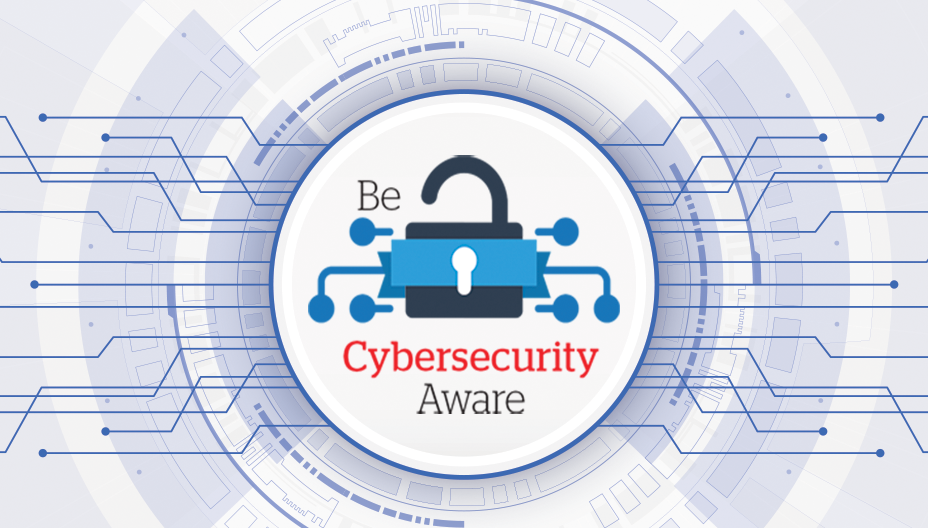Learn
What is a Social Engineering Scam?

The internet has made our lives easier in many ways. It's easier than ever to connect with friends, manage money, watch movies, and even get directions. But the internet has also made it easier for criminals to defraud users with social engineering scams.
Social engineering scams use psychological manipulation to get people to take some action. Unlike hacking, when criminals attack weak parts of computer systems, social engineering scammers prey on human weaknesses for their criminal activity.
In most cases, social engineering scams aim to trick people into providing personal info, downloading an attachment, or clicking a link. Their goal is to defraud or somehow harm the victim, in most cases financially.
Social Engineering Preys On The Victim's Emotions
Many social engineering scams use scare tactics, threats, and a sense of urgency. Some schemes temp the target with gifts or peak curiosity with a secret prize. Other scams prey on people's desire to help others.
In one common scam, criminals send an email that appears to come from a trusted financial institution. The email asks the target to log in to their account to fix a problem or verify info. Since most people trust their bank, many don't think twice about clicking the link on the email and logging in to what is a fake site. Unfortunately, they're giving their login info to thieves.
Common Types Of Social Engineering Scams
Phishing is when scammers send emails designed to trick their targets into sharing their info. That's because these emails can look like they're from a trusted business. For example, the scam email might claim to be a credit card company saying the customer's account is locked until they log in and verify their info.
Other phishing attacks infect the person's computer with malware when they download an attachment or click a link.
Vishing is the voicemail version of phishing while smishing is phishing by instant message.
Baiting is like phishing but offers the target a prize or bonus in return for giving info or downloading an attachment.
Pretexting is when scammers use emails or texts that appear to come from someone the target knows — or an authority figure, such as a real estate agent or business executive. This establishes trust with the victim and makes it more likely they will turn over info.
In quid pro quo scams, criminals offer something — usually a service like free tech support — in return for personal info.
 Want to be safer online? Never respond to emails asking for personal or financial info. There's a good chance it's a scam.
Want to be safer online? Never respond to emails asking for personal or financial info. There's a good chance it's a scam.
How To Protect Yourself From Social Engineering Scams
No reputable financial institution — including Synovus — will ever call, email, or text you to ask for your personal info. That said, never respond to such requests, regardless of how legitimate they seem. If you're concerned about your account, log in to your account from the company's secure website. Or you can call customer service using the number on a statement or their website. (If an email is fake, the number included in the email is almost certainly fake too.)
Never send your personal info through emails or text. If you need to provide info to a company, go to their secure site and log into your account.
Keep your software updated because the latest versions often include security upgrades. This gives you extra protection in the form of antivirus software, firewalls, and email filters.
Synovus customers can keep an eye on their accounts by signing up for account alerts. You can also learn more about the safety and security protocols that the bank has in place.
What To Do If You're A Victim of A Social Engineering Scam
If you believe you're a victim, contact your bank or financial institution immediately to report the scam. The sooner you do this, the less damage thieves can do. You should also change your ID and password on any affected accounts.
It's also wise to keep an eye on your credit reports after an incident. Cybercrime has increased1 during the COVID-19 global pandemic. This has prompted the three major credit reporting agencies, Equifax, TransUnion and Experian, to offer consumers free weekly credit reports.2
Consider Signing Up for Credit Monitoring
Does remembering to regularly scan your credit report sound exhausting? Another option: Choose a service that will do the credit monitoring for you.
For example, as a Synovus Plus, Synovus Inspire, or Synovus Private Wealth customer, you can enroll in complimentary Credit and Identity Protection services through Carefull. With this service, Synovus will monitor your credit reports and notify you any time any changes are made. Synovus will also scan the web to make sure your personal information hasn't been compromised by checking websites, blogs, peer-to-peer networks. Synovus also offers full-service identity restoration if you become a victim of identity theft.
Learn more about how you can achieve peace of mind as a Synovus customer with Carefull.
Important disclosure information
This content is general in nature and does not constitute legal, tax, accounting, financial or investment advice. You are encouraged to consult with competent legal, tax, accounting, financial or investment professionals based on your specific circumstances. We do not make any warranties as to accuracy or completeness of this information, do not endorse any third-party companies, products, or services described here, and take no liability for your use of this information.
- CISA. (Cybersecurity and Infrastructure Security Agency), “Alert(AA20-099A): COVID-19 exploited by malicious cyber actors." Published April 8, 2020, accessed August 15, 2021. Back
- AnnualCreditReports.com, "3 steps to your free credit report," accessed July 19, 2021. Back
Do you have questions or ideas?
Share your thoughts about this article or suggest a topic for a new one
